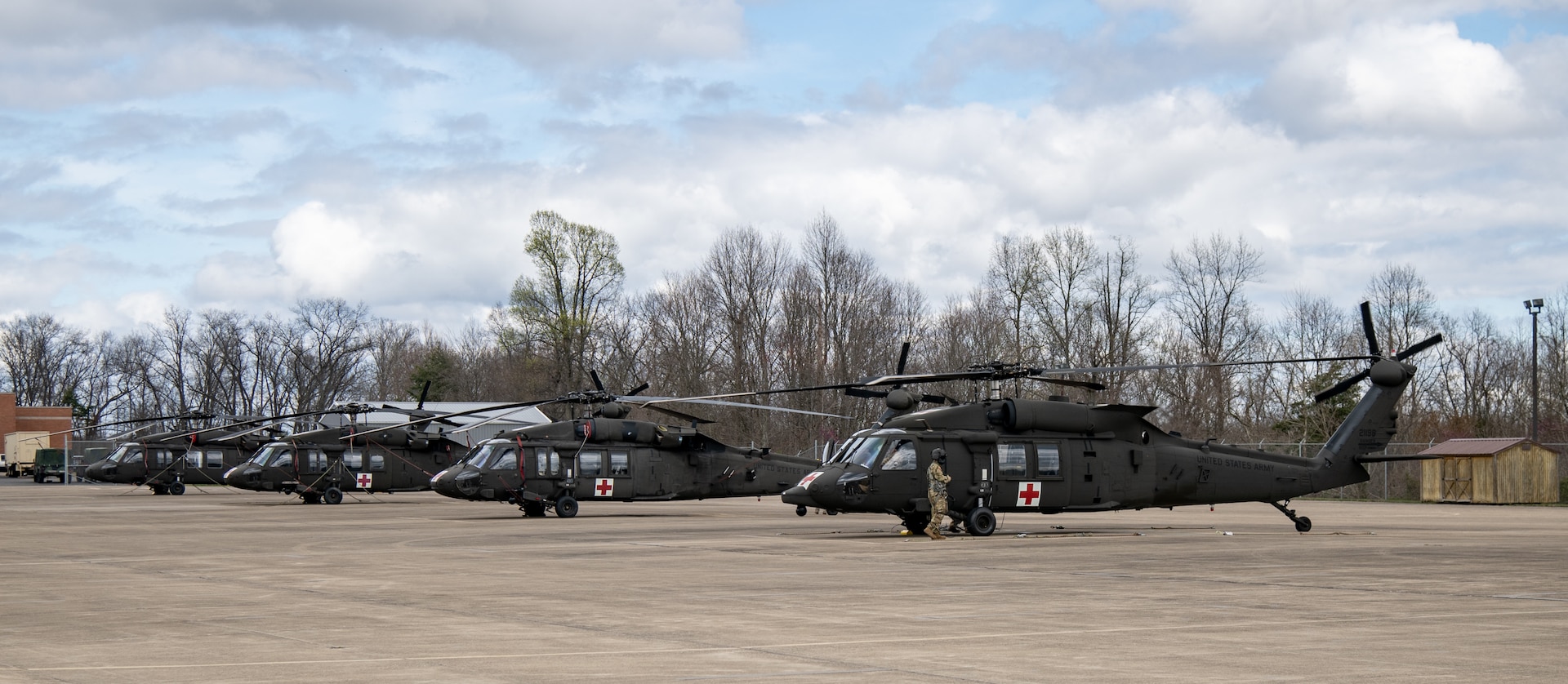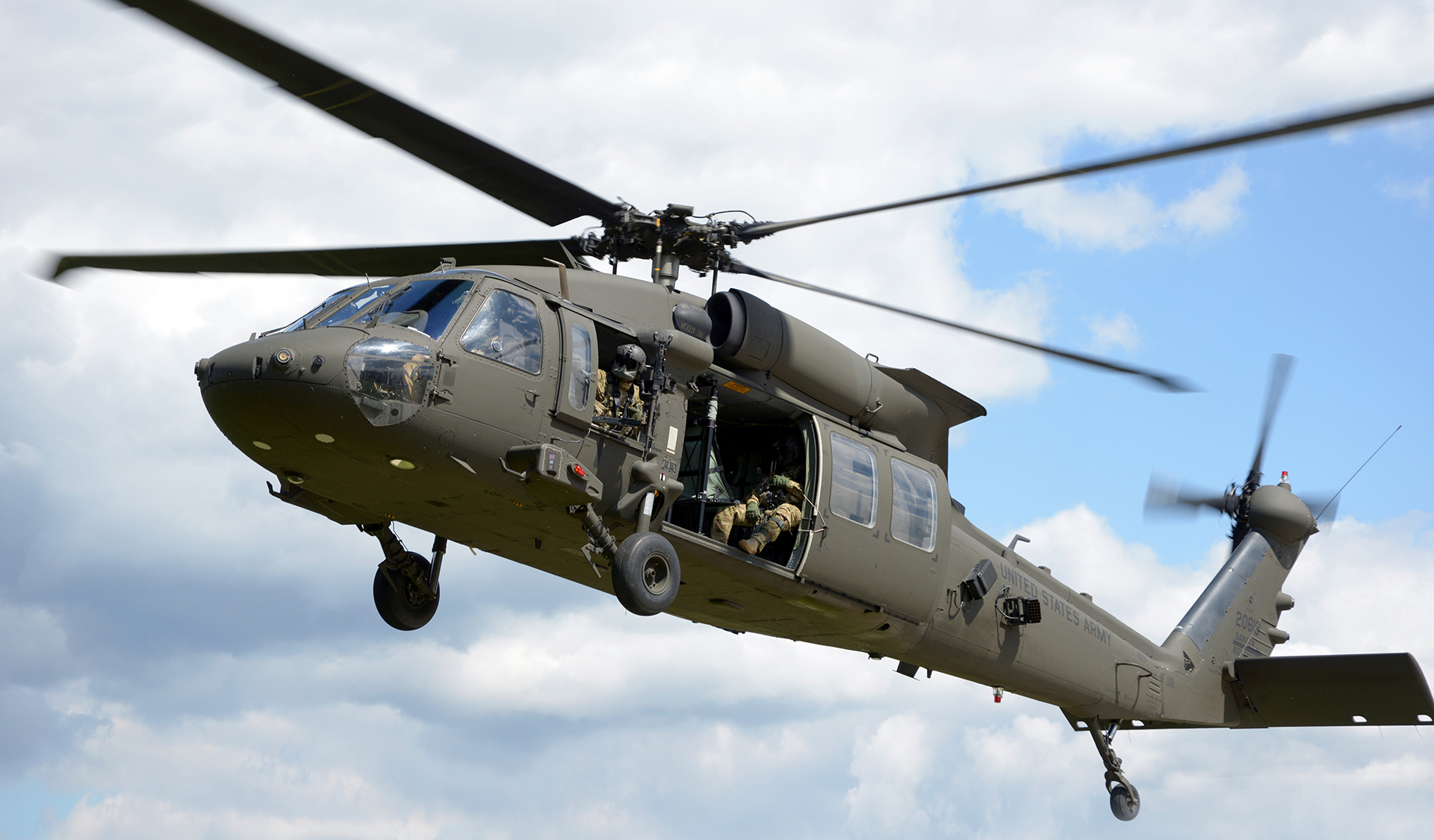UH 60 Helicopter: Advanced Avionics and Fight Solutions
UH 60 Helicopter: Advanced Avionics and Fight Solutions
Blog Article
The Duty of Airplane in Shaping International Transport and Trade Characteristics
The development of aircraft has actually indelibly transformed global transport and profession dynamics, facilitating extraordinary levels of connection and performance. Through the establishment of durable air freight networks, businesses can currently navigate worldwide markets with impressive rate and dexterity, consequently redefining supply chain methods. This makeover is not without its difficulties, as the aeronautics sector grapples with sustainability worries and regulative pressures. As we discover the diverse effects of aircraft on global profession, it is necessary to think about how these elements will shape the future landscape of aeronautics and its duty in the economic situation.

Development of Air Transportation
The development of air transport has been noted by considerable technological innovations and advancements that have transformed the means people and goods cross the globe. From the Wright siblings' very first powered flight in 1903 to the development of supersonic jets, each turning point has actually emphasized the unrelenting search of efficiency and rate in air traveling. Early airplane were primarily fundamental, restricted by engine power and structural honesty. The intro of innovative materials and aerodynamics in the mid-20th century led to considerable renovations in aircraft performance, safety and security, and dependability.
The latter part of the 20th century observed the emergence of business air travel as a practical mode of transport, characterized by the introduction of jet engines, which revolutionized air traveling by drastically decreasing flight times. In addition, innovations in navigation and interaction modern technologies have enhanced operational efficiency and safety, enabling even more complicated trip paths and schedules. The increase of air cargo in parallel with passenger solutions has actually better highlighted the flexibility of aeronautics. As we look to the future, emerging modern technologies such as autonomous and electric airplane promise to redefine the air transport landscape, making sure ongoing development and adjustment to worldwide demands.
Influence on Global Profession
Air transport has profoundly improved worldwide profession by facilitating the swift activity of products throughout vast ranges. This expedited logistics capability allows services to respond rapidly to market demands, consequently enhancing supply chain effectiveness. The ability to carry perishable goods, high-value items, and time-sensitive products has actually opened brand-new markets and chances for various sectors, substantially influencing trade patterns.
Additionally, the advancement of air freight networks has actually promoted globalization, allowing companies to resource products and items from different components of the world flawlessly. This interconnectedness reduces lead times and costs, enabling businesses to stay affordable in a progressively global marketplace. Furthermore, air transportation plays a critical role in ecommerce, where customer expectations for quick shipment have driven a surge in need for air cargo solutions.
The influence of aircraft on international trade extends to the creation of strategic profession routes, connecting areas and facilitating worldwide collaborations. Nations that invest in air transportation facilities frequently experience boosted economic development and boosted foreign straight investment. On the whole, the development of air transportation has not just transformed the logistics landscape however has likewise end up being a crucial component in the dynamics of worldwide trade.

Economic Advantages of Aviation
A durable air travel sector creates considerable financial benefits, adding to work development, tourism, and general economic development - uh 60. The air travel sector supports countless jobs around the world, ranging from straight work in flight terminals and airline companies to indirect duties in sectors such as hospitality, transport, and logistics. According to industry reports, for every single work in the aeronautics market, about 3.5 additional jobs are produced in the wider economic Check Out Your URL climate
Tourism is a critical aspect of the financial benefits originated from aviation. Flight assists in worldwide tourism, permitting travelers to discover diverse destinations, which subsequently promotes regional economies. Countries that invest in their aeronautics infrastructure frequently experience boosted tourist arrivals, causing greater investing on services such as resorts, destinations, and restaurants.

Moreover, aviation boosts global connection, enabling services to access brand-new markets and sources successfully. As an outcome, sectors such as e-commerce and manufacturing benefit tremendously from reputable air transport, further driving economic expansion.
Obstacles Dealing With the Air Travel Market
Browsing a complicated landscape of governing, ecological, and economic obstacles, the air travel industry faces considerable difficulties that threaten its sustainability and development. Laws bordering safety and security and protection are continually progressing, requiring continuous conformity and adaptation from suppliers and airlines (uh 60). This can lead to boosted functional expenses and source allotment that interferes with development and growth efforts
Furthermore, environmental concerns have ended up being paramount, with growing analysis over carbon emissions and sound pollution. The sector is under pressure to embrace greener techniques and modern technologies, which typically need substantial investment in research and growth. Stabilizing these environmental duties with the need for air traveling presents a significant challenge.
Economic variations, such as increasing fuel costs and geopolitical uncertainties, better complicate the landscape. Airlines often face volatile operating costs and rising and fall guest need, which can Visit Your URL affect productivity and long-lasting preparation. Labor scarcities and ability gaps in crucial areas add another layer of complexity, preventing functional performance.
Eventually, attending to these multifaceted challenges is necessary for the aviation sector to preserve its pivotal role in international transport and trade, while making certain durability and flexibility in a significantly open market.
Future Trends in Flight
Arising innovations and moving consumer choices are positioned to improve the future of flight dramatically. The integration of expert system and artificial intelligence is expected to boost functional efficiency, improve flight terminal processes, and boost customer service. Anticipating analytics will certainly facilitate more exact demand forecasting, allowing airline companies to enhance trip schedules and prices models.
Sustainability is becoming a crucial vehicle driver in flight, with the aeronautics industry significantly concentrated on minimizing carbon discharges. Advancements in airplane layout, such as hybrid and electric propulsion systems, are being discovered to meet environmental targets. The adoption of lasting aeronautics fuels (SAFs) is expected to play a vital function in achieving net-zero exhausts by 2050.
Consumer choices like it are changing in the direction of customized traveling experiences. Airlines are buying advanced data analytics to customize services and enhance client involvement, making sure a much more customized trip from scheduling to arrival. Additionally, the increase of remote work might lead to boosted demand for recreation traveling, as people look for to combine job and holiday.
Final Thought
To conclude, aircraft considerably affect global transport and trade dynamics by assisting in rapid activity and improving supply chain efficiency. The advancement of air transportation has actually transformed worldwide trade, generating significant financial advantages while additionally presenting difficulties that require strategic management. Future patterns indicate an ongoing reliance on air travel for business, highlighting its integral role in globalization and economic development. The ongoing adaptation of the air travel market will be crucial for maintaining its contributions to the global economic situation.
The latter component of the 20th century saw the appearance of business air travel as a practical setting of transportation, characterized by the intro of jet engines, which changed air traveling by significantly minimizing flight times. The increase of air cargo in parallel with traveler solutions has actually additionally underscored the versatility of aviation. Additionally, air transport plays a crucial role in ecommerce, where consumer assumptions for rapid delivery have actually driven a rise in need for air freight services.
Overall, the development of air transport has not only transformed the logistics landscape however has also become a vital part in the characteristics of global profession.
Sustainability is becoming an essential chauffeur in air traveling, with the aviation industry increasingly focused on decreasing carbon discharges.
Report this page